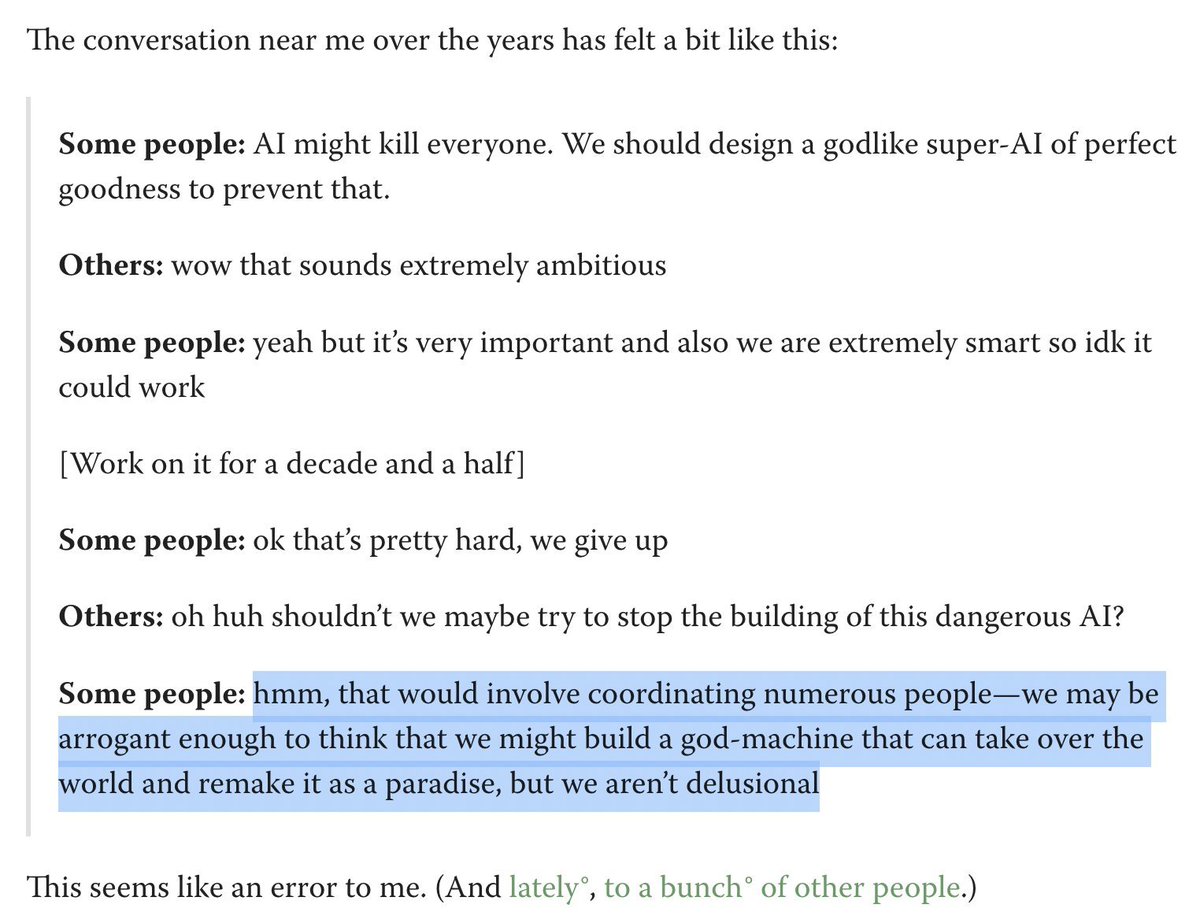It's funny how everyone thinks of the Prisoner's Dilemma as "bog-standard dilemma, you're a dick if you defect" and thinks of Newcomb's Problem as "insane paradox, one-boxing is crazy", even though they're literally the exact same problem and two-boxing is identical to defecting.
(In particular, the one-shot Prisoner's Dilemma is isomorphic to Newcomb's Problem if the prisoners have common knowledge that they're rational, or if they have common knowledge that they're in a symmetrical position and will reach the same decision after thinking things through.
Maybe you think people have magical free will and are impossible to predict even slightly accurately, in which case you might think Newcomb's Problem is impossible and the Prisoner's Dilemma is possible. But once you do accept both dilemmas as possible, you should treat them the same way. "Someone else out there is predicting me, and fills both boxes iff I one-box" presents the same decision problem as "Someone else out there is reasoning like me, and cooperates iff I cooperate.")
Maybe you think people have magical free will and are impossible to predict even slightly accurately, in which case you might think Newcomb's Problem is impossible and the Prisoner's Dilemma is possible. But once you do accept both dilemmas as possible, you should treat them the same way. "Someone else out there is predicting me, and fills both boxes iff I one-box" presents the same decision problem as "Someone else out there is reasoning like me, and cooperates iff I cooperate.")
(By "everyone thinks X", read "most professional philosophers acquainted with these two problems think X, as do a large fraction of non-LessWrongy philosophy aficionados".)
• • •
Missing some Tweet in this thread? You can try to
force a refresh





